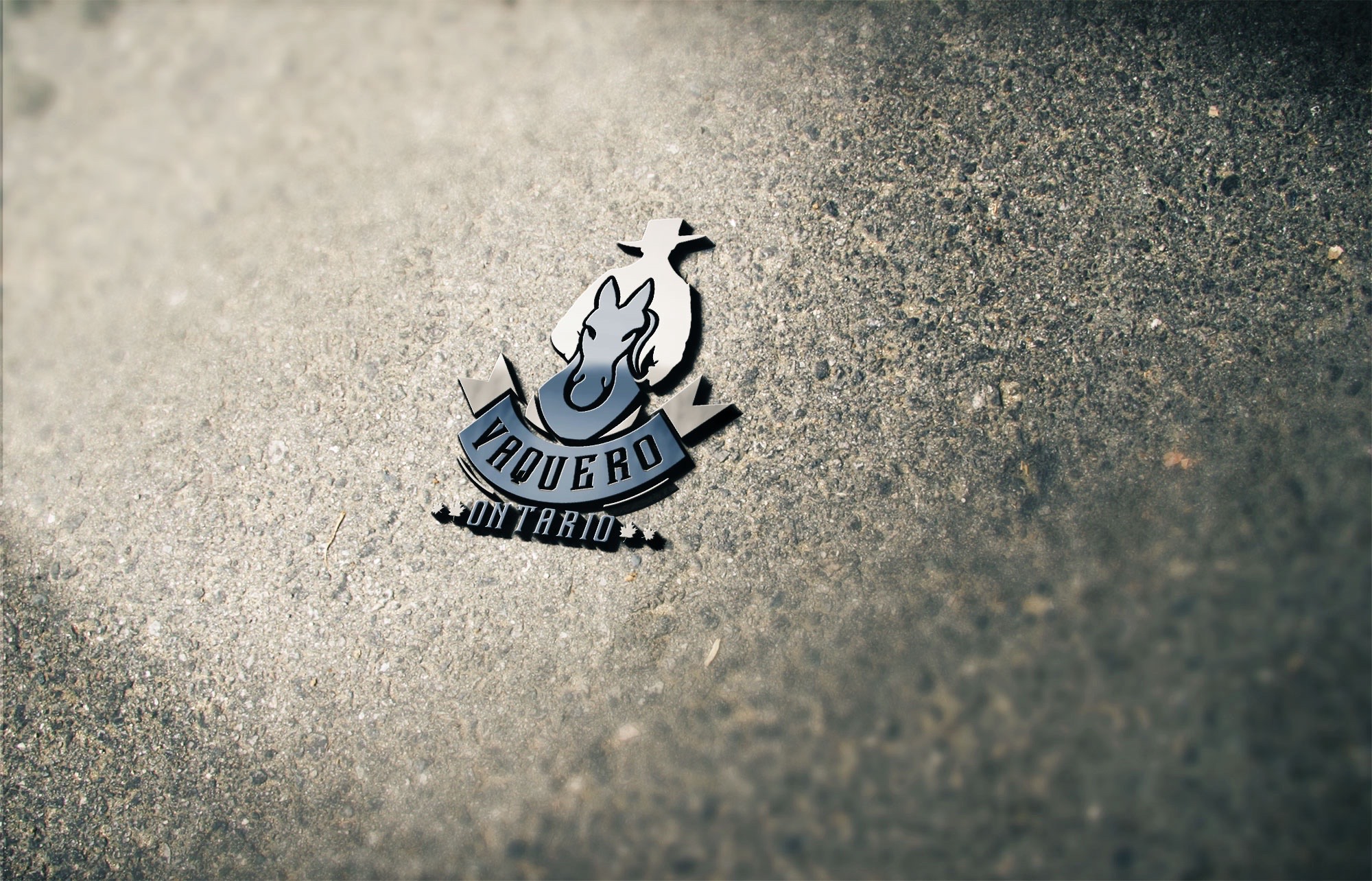Riding instructors come in many shapes and sizes, and as with all coaching activities we rarely start with elite coaches, but rather work our way up towards them. In my equestrian life I have been blessed to have been able to travel to receive instruction from some world class coaches and trainers, as well as real-life Vaqueros.
After buying my first horse, and getting away from a lesson barn, I was surprised to learn how little I had really learned, yet at the time I was confident with where I was. I was able ride any of the lesson barn horses with confidence, and never fell off of any one of them. I could walk, trot, lope, back up and turn my lesson horse around without any difficulty at all.
However, after buying my first horse, a four-year-old AQH with about two months of training, I quickly learned how a horse could outsmart me and get the upper hand. At first blush, it seemed that everyone else was getting along fine with their horses – but looking back most of them either couldn’t or wouldn’t ride – pouring out excuse after excuse why they couldn’t ride that particular day.
Nonetheless, when someone told me they had owned horses for 30 years I listened to what they had to say. Eventually realizing so many really didn’t know what they were talking about, but were just making themselves feel better. at my expense, by they imparting their wisdom to a novice such as me. Egos abound in every sport, but perhaps nowhere more so than in an equestrian arena or barn.
A while back, I fence sat a clinic put on by a woman pretending to be a certain clinician recognized coach, turns out the clinician had never heard of her. But she was gleefully teaching people how to whack horses with a carrot stick with absolutely no idea what she was doing, or talking about, basing her teaching entirely on a box set of, commercially available, videos she had watched and apparently misunderstood. Yet people, unwittingly, paid to learn how to apply this abuse to their own horses.
Novice riders often run clinics, some even issue their own coaching certificates to they students and enchanted followers. Some take online courses with well known clinicians then refer to them as “my coach” a person they never actually met. Sending a video, of you riding, to an expert for critical analysis does not constitute a very worthwhile “coaching” session.
Coaches can be seen struggling to perform basic techniques with their own horses one day, then trying to teach others a “how to” lesson the very next day – even though they still could not understand the technique themselves. The best type of riding coach is undoubtedly one that can understand and demonstrate the technique or idea being taught with clarity.
It is really hard to find good coaches, in any sport, and even those who have passed certification must not be taken at face value, do your own research. To become a coach, one must take a few courses, prescribed by a national or provincial regulatory body. Most of the training programmes involve non-horse related stuff such as police checks, first aid training, concussion awareness, and registration with other theory-based organizations such as NCCP.
These qualifications are very useful to have, but while a certificate in first aid might be useful for helping someone after they have been in a wreck, good horsemanship may have prevented the wreck in the first place. And what is being taught really needs to be considered carefully from the horse’s point of view to see if the horse agrees that it makes any sense at all.
If you have the opportunity, try to get around world class horsemen, even fence sitting a clinic or two, you will appreciate the difference. Many top flight horsemen have books, DVDs and online videos that will also help you on your quest of education.

